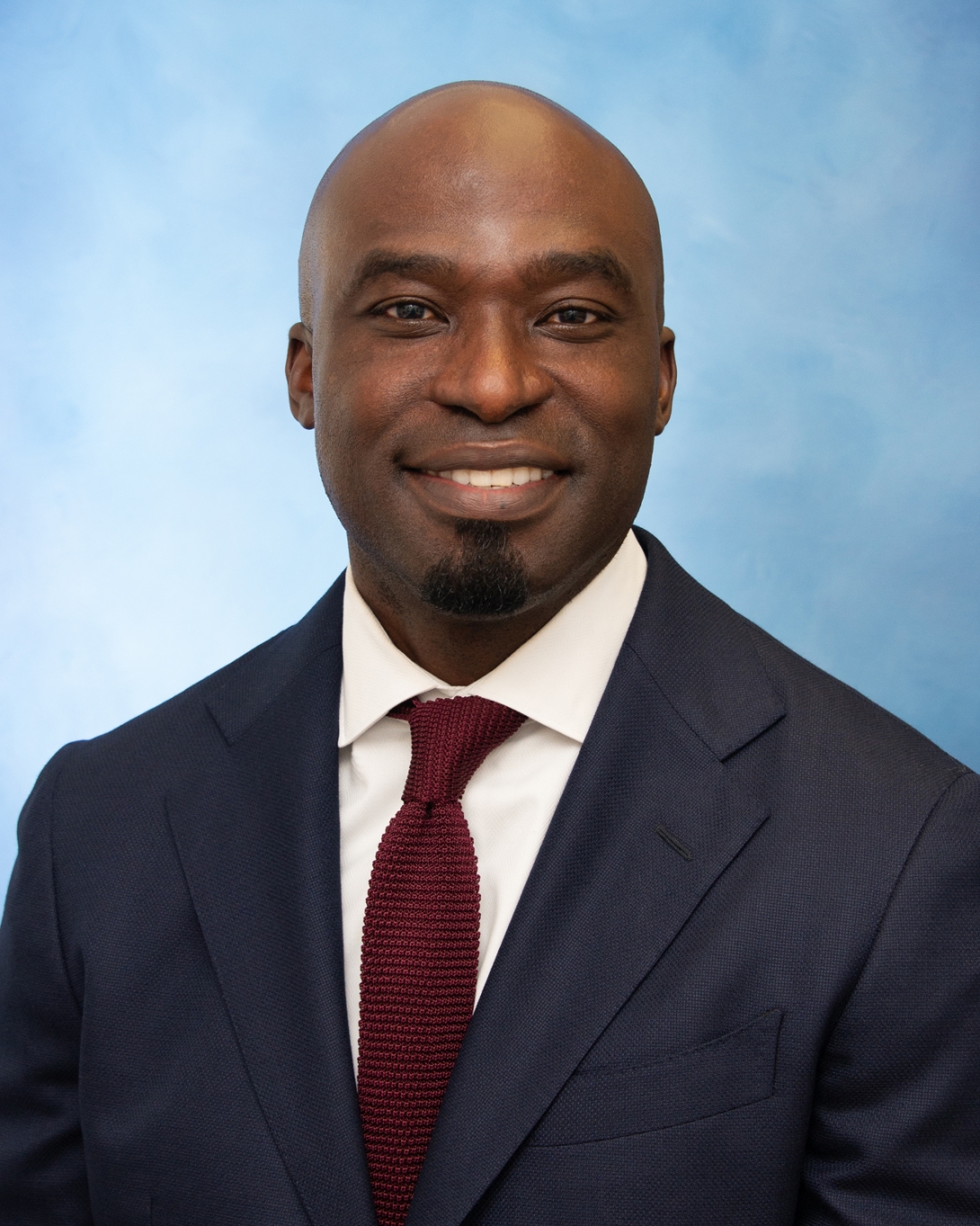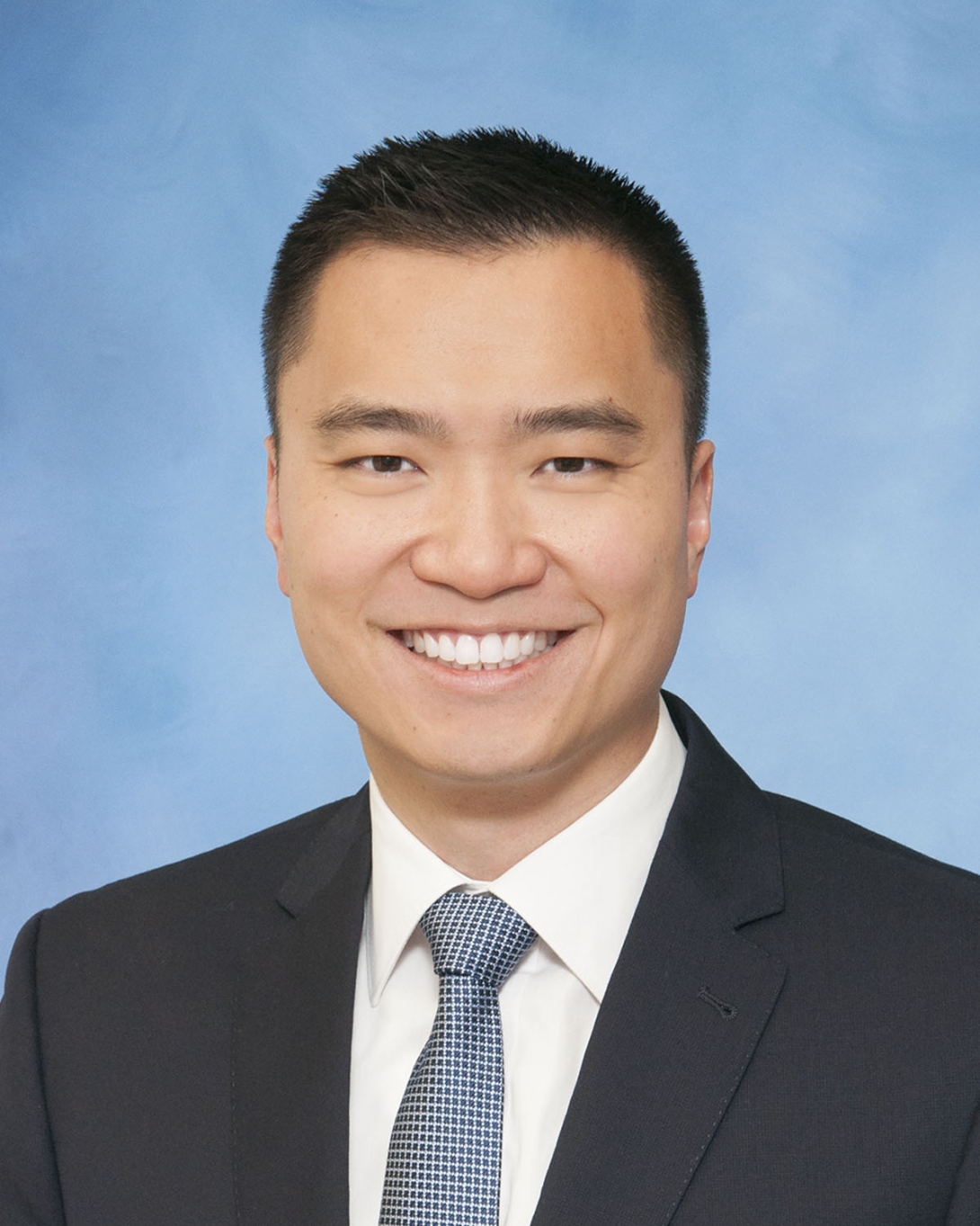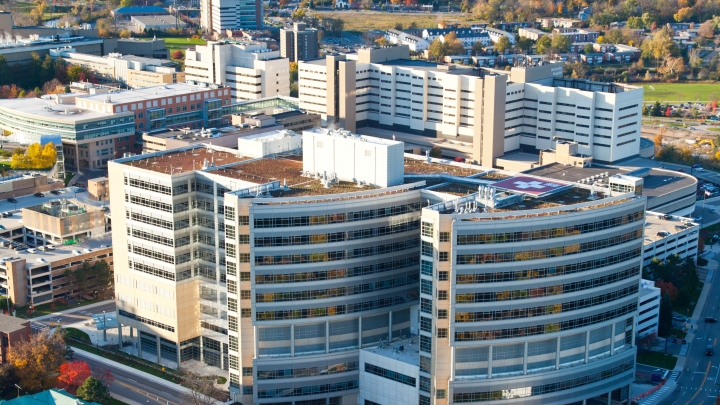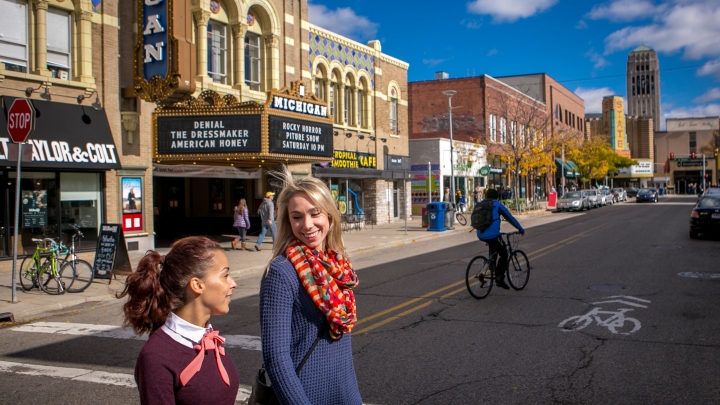
The microsurgery fellowship at the U-M Medical School offers an immersive experience in reconstructive microsurgery and involves multiple clinical programs that span the breadth of reconstructive surgery.
The Reconstructive Microsurgery Fellowship offers one position to board-eligible plastic and reconstructive surgeons who seek in-depth and focused training and expertise in reconstructive microsurgery.
This is a one-year experience from July 1 through June 30 each year offering:
- Clinical experience with all aspects of microsurgery
- Access to a large volume of cases
- Experience caring for surgical patients independently as a clinical instructor in the Section of Plastic Surgery
- Opportunities to participate in training residents in our microsurgery simulation center
- Annual lectures from visiting experts and journal clubs
- Opportunities to conduct clinical and health services research with leaders in the field
Microsurgery fellowship candidates must have completed plastic surgery training in an accredited program in the U.S. or Canada. The Microsurgery Fellowship position will be filled through the SF Match, and applicants must register with the SF Match.
Learn more about the application process
The Section of Plastic Surgery performs an average of 4,000 major operations a year. The microsurgery fellow will have access to a variety of complex and unique microsurgical as well as non-microsurgical reconstructive cases. They will receive one-on-one instruction and mentorship through complex operative procedures with a focus on breast microsurgical breast reconstruction. Breast microsurgical cases will include:
- Deep inferior epigastric perforators (DIEP)
- Superficial inferior epigastric artery (SIEA)
- Profunda artery perforator (PAP)
- Transverse upper gracilis (TUG) flaps
- Bipedicled and stacked breast free flaps
The fellowship training experience will also include lymphatic surgery, lower extremity trauma/oncology reconstruction, trunk and head/neck microsurgical procedures. Fellows will be involved in the preoperative evaluation, operative and postoperative management of microsurgical patients and will also have the option to be involved in subsequent revision procedures to achieve completed reconstructions.
The fellow can expect to perform 150-200 free tissue transfers over the course of the year. They will have regular independent clinics and perform non-microsurgical operative procedures as a clinical instructor in plastic surgery.
Current fellows are training to become future leaders in surgery. We emphasize teamwork, excellence, and leadership while preparing our fellows with resources to be successful in their careers.
Our curriculum has been carefully designed to provide growth and expertise in all core competencies as they relate to microsurgical reconstruction. The fellow’s microsurgical experience will be purposefully graduated by breaking up complex operations into key components with an expectation of growth and mastery of each component through quarters of the year. In addition to dedicated microsurgical training, the fellow is exposed to a wide array of challenging non-microsurgical reconstructive cases. This experience broadens the scope of the fellow’s training and allows the fellow to play a critical role in resident education. Highlights of the fellowship include:
- Annual Microsurgery Session: This session includes multiple operating microscopes available for teaching, during which faculty spend one-on-one time with trainees working on anastomoses and provide direct feedback on technique.
- Year-round growth and development in microsurgical skills: Our well-established microsurgical skills curriculum is run through the U-M Clinical Simulation Center (UMCSC). This Center is certified as a Level 1 Training Center by the American College of Surgeons. We offer operating microscopes with non-animal models for our trainees to practice techniques in vessel anastomoses and nerve coaptation. The fellow is critically involved in teaching trainees and assisting in their growth through the curriculum and work in the simulation center.
- Conferences and Lectures: The fellowship training experience also includes didactic conferences, case conferences, clinical rounds and journal clubs, including a dedicated Microsurgery Journal Club.
- Annual Microsurgery Visiting Professor: The program invites a distinguished microsurgeon from an outside institution as a Visiting Professor each year.
The Michigan Promise aims to empower faculty members and residents in the Department of Surgery to achieve professional success. We support initiatives connected to environment, recruitment, leadership, achievement, innovation and outreach.
We have a rich research environment within the Section of Plastic Surgery at the U-M Medical School. Multiple faculty members run very productive research groups that are well funded and make significant contributions to the field. Fellows can participate in numerous research and academic opportunities during the fellowship year. There will also be opportunities to participate in our well-established global surgery efforts and experiences.
- Nicholas Berlin, MD, MPH, MS
Next Appointment: Brigham and Women’s Hospital
- Noah Saad, MD
Next Appointment: Michigan Medicine
- Abdl-Rawf Al-Nowaylati, MD
Next Appointment: Emory University
- Michael Sorkin, MD
Next Appointment: The Ohio State University
- Kristoffer B. Sugg, MD, PhD
Next Appointment: IHA Plastic & Reconstructive Surgery Arbor Park

Clinical Professor of Surgery
Program Director
Plastic Surgery Section


Expand your career trajectory in a high-volume academic medical center that also supports and excels in a wide range of basic science, translational and clinic outcomes research programs.

We find a new reason to love Ann Arbor nearly every day — year-round outdoor activities, cultural experiences, a growing food scene, and a welcoming, family-friendly atmosphere are just a few that come to mind. Explore all that Ann Arbor and our surrounding communities have to offer.